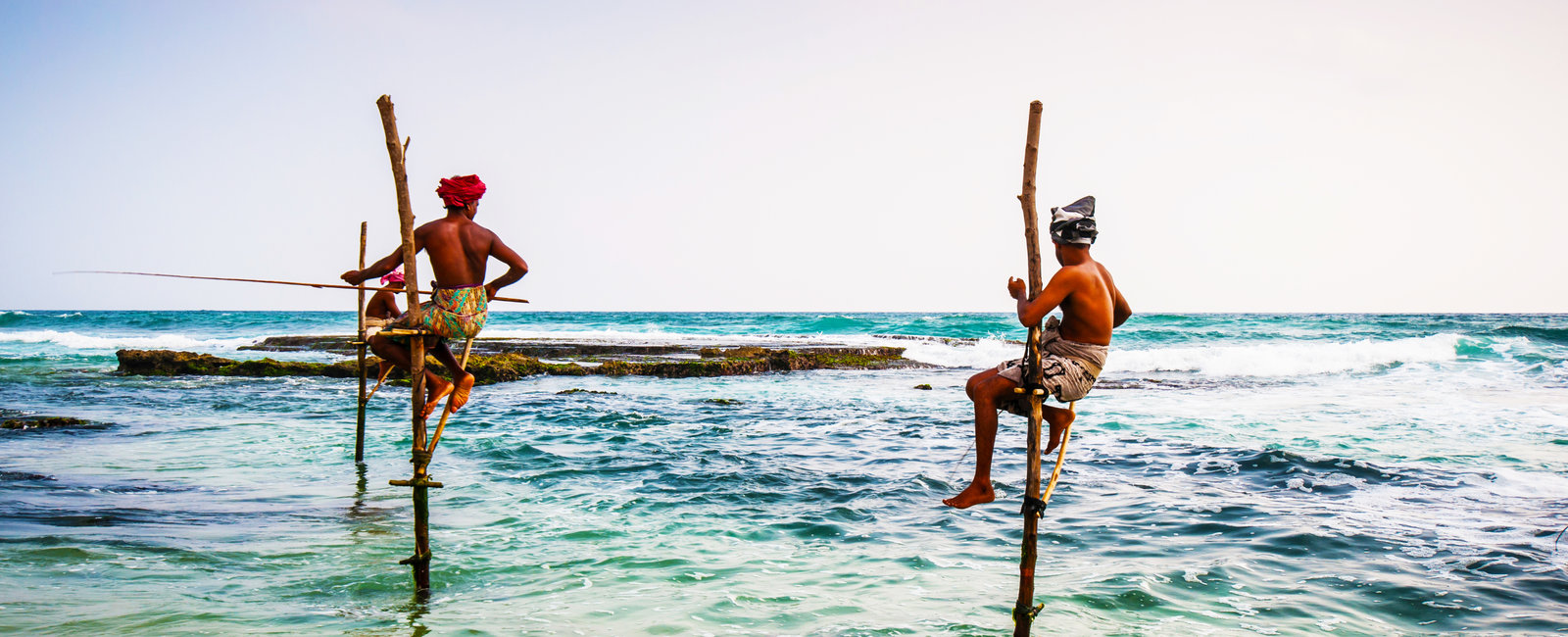University of Brighton 2017
The University of Brighton School of Health Sciences invited students—those interested in undertaking an overseas nursing elective in their second year—to apply for an annual scholarship provided by Work the World. I jumped at the chance. Placements are an integral part of the student nurse experience and assessment. I thought the chance to work in a mental health setting overseas would be a fantastic learning opportunity, and I was determined to give it my best shot.
To my astonishment and delight, I was selected as the student to be nominated for the scholarship. Work the World offered mental health nursing electives in Ghana, Sri Lanka, Philippines, Nepal and Tanzania. I opted for Kandy in Sri Lanka.
The team at Work the World were very supportive in the months prior to my departure. As with all students, I was given several pre-departure briefings covering what I should expect on placement, so I was well prepared.

It was my first time to Sri Lanka so I was both excited and nervous about the adventure ahead of me. I needn’t have been. From the start, I found Sri Lankans’ to be the nicest of people. Support from Work the World staff in Sri Lanka was fantastic, too.
A member of the Work the World team met me at Colombo Airport and drove us to the Work the World house in Kandy in the centre of Sri Lanka—my home for the next two weeks. The Work the World team in the house were kind and supportive. On the first day, new arrivals had a meeting with the Programme Manager and were then taken on a guided tour of the city, which included a complimentary lunch in a restaurant. We were also taken to the hospital before our first day of placement to meet the teams we'd be working with.
The Work the World team did everything possible to make our stay comfortable and knowing I had their support during my stay was very reassuring.
I was fortunate enough to be staying in Kandy during the great Buddhist festival of Vesak, which celebrates the birth, enlightenment and death of Gautama Buddha. For the first week of my stay, the city was exquisitely decorated with tens of thousands of coloured lights on and around Kandy Lake and there was wonderfully happy and infectious festival vibe, with music, singing, and dancing throughout the whole city—not to mention lots of free food!

I worked in a teaching hospital in the centre of Kandy. The mental health unit was comparatively small, located at the rear of the campus in a converted stable block dating back to the nineteenth century. The psychiatrists, nursing staff and patients were welcoming and friendly to me. My time on the ward coincided with that of a UK medical student who had just completed her degree and who wanted to train as a psychiatrist, so we were able to share the ward experience together.
I noticed there were similarities to mental health services in the UK. For example, many of the psychiatric medications used in the UK to treat psychosis, schizophrenia and depression were also used in Sri Lanka. The well-thumbed ICD-10 book on classifications of mental disorders, invariably found in every mental health setting in the UK, was also frequently consulted in Kandy. All junior doctors in Sri Lanka study abroad as part of their medical training, typically spending one year in Australia or the UK.

I particularly liked sitting in on medical assessments and mental health reviews undertaken by the psychiatrists. They were kind enough to welcome me and to provide some translation on the clinical examinations. I also had the opportunity to observe the administration of electronic convulsive therapy treatment under general anaesthetic, the first time I had witnessed this treatment and, again, is a treatment regularly prescribed in this country.
One cultural difference I noticed was the great respect shown by junior staff to their superiors. All staff were expected to stand when the consultant psychiatrist entered or left the room. Furthermore, they were to be addressed as either “Sir” or “Madam”. Time spent with the patients was also very rewarding. Although I could not speak Sinhalese, it was still possible to engage with them and establish a rapport and establish a therapeutic relationship, something which lies at the heart of mental health nursing.

When shifts were over, we made our way back to the student house. I would typically head straight to the hotel swimming pool next door to cool down. Meal times were a great opportunity to bond and chat with fellow students. We would often share and reflect on our respective experiences in the hospital.
The dedication, skills and professionalism I encountered at the hospital were second to none. The opportunity to spend two weeks there was an immense privilege and a memory which will stay with me for the rest of my life.

.jpeg)
.jpeg)




